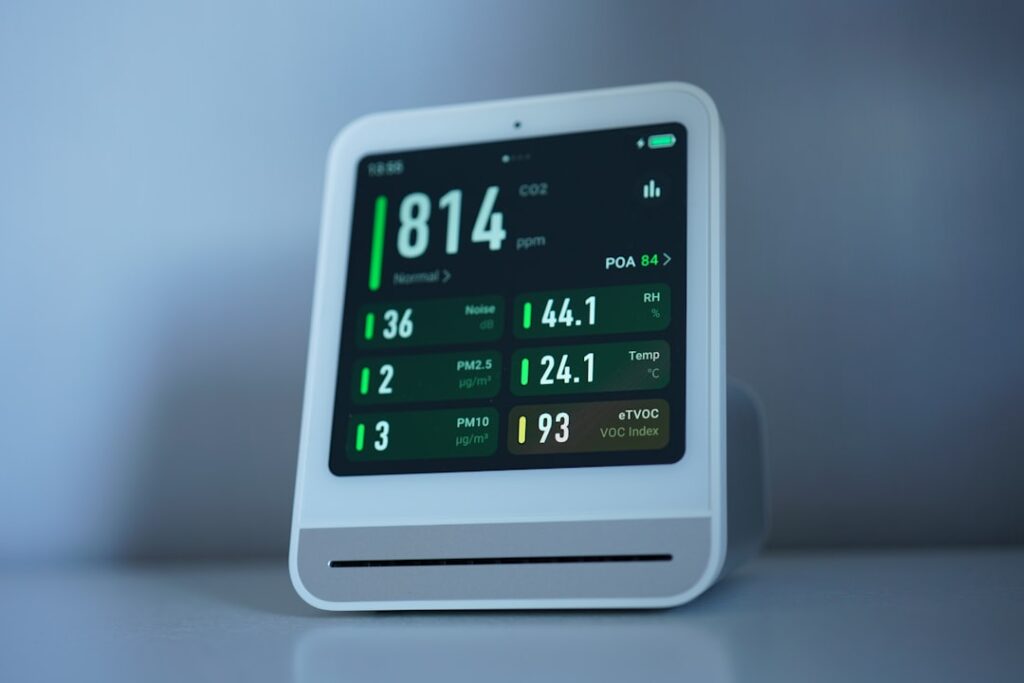Exploring Health Tech AI Solutions for Effective Health Management
In recent years, health tech AI solutions have emerged as a groundbreaking innovation, transforming how we approach health management. These advanced tools leverage artificial intelligence to enhance diagnosis, treatment, and patient monitoring, leading to improved outcomes and efficiency in healthcare systems.
Understanding Health Tech AI Solutions
Health tech AI solutions encompass a wide range of applications aimed at enhancing healthcare delivery. From predicting disease outbreaks to personalized treatment plans, AI tools are reshaping the landscape of health management.
Key Components of AI in Health Management
- Data Analytics: AI tools analyze vast amounts of health data, providing insights that support clinical decision-making.
- Predictive Modeling: These solutions predict patient outcomes and risks, enabling proactive interventions.
- Natural Language Processing: AI processes unstructured data from patient records, clinical notes, and research papers.
Benefits of AI Solutions in Health Management
The integration of health tech AI solutions offers numerous advantages that enhance health management practices.
Improved Diagnosis and Treatment
AI algorithms assist healthcare professionals in accurately diagnosing conditions by analyzing medical images, lab results, and patient histories. This leads to earlier and more effective treatments.
Enhanced Patient Engagement
AI-powered chatbots and virtual health assistants promote better patient engagement. They provide personalized information and support, ensuring that patients adhere to treatment plans.
Challenges in Implementing AI Solutions
While the benefits are notable, there are challenges in adopting health tech AI solutions.
Data Privacy Concerns
With the collection of sensitive health data, protecting patient privacy is paramount. Organizations must ensure compliance with regulations like HIPAA.
Integration with Existing Systems
Integrating AI solutions into existing healthcare systems can be complex, requiring significant resources and training for healthcare professionals.
The Future of Health Tech AI Solutions
As technology continues to evolve, the future of health tech AI solutions is promising. Innovations in machine learning, deep learning, and blockchain will likely enhance the efficacy and security of health management tools.
Potential Advances in AI Technology
- Real-Time Monitoring: Wearable devices will leverage AI for continuous health monitoring, alerting users and healthcare providers about potential health issues.
- Telemedicine Enhancements: AI will improve telehealth services through better scheduling, diagnostics, and follow-up care.
Conclusion
Health tech AI solutions are revolutionizing health management, offering powerful tools for diagnosis, treatment, and patient engagement. As we address the challenges of data privacy and system integration, the potential of AI in healthcare holds great promise for improving patient outcomes and optimizing healthcare delivery.
The Benefits of Health Tech AI Solutions
Health tech AI solutions offer a multitude of benefits that can transform patient care and optimize healthcare delivery. By harnessing the power of artificial intelligence, healthcare providers can improve diagnostic accuracy, enhance treatment plans, and streamline administrative processes. For instance, AI algorithms can analyze vast amounts of medical data to identify patterns, leading to earlier diagnosis and tailored treatment options for patients.
Enhanced Predictive Analytics
One of the hallmark features of health tech AI solutions is their ability to perform predictive analytics. By analyzing patient data, including electronic health records (EHRs), lab results, and demographic information, AI systems can forecast potential health risks. This predictive capability allows healthcare providers to implement preventative measures and intervene before conditions escalate, ultimately improving patient outcomes and reducing treatment costs.
Streamlined Operations and Reduced Workload
Health tech AI solutions also contribute to more efficient operational workflows. AI-driven tools can automate routine tasks such as appointment scheduling, billing, and data entry, freeing up healthcare professionals to focus more on patient-centric activities. This not only reduces the administrative burden on staff but also enhances the overall patient experience by minimizing wait times and improving service delivery.
Case Studies: Successful Implementation of Health Tech AI Solutions
Several case studies reflect the transformative potential of health tech AI solutions across various healthcare settings. For example, a leading diagnostic center implemented an AI-based imaging tool that increased the accuracy of cancer detection by 30%. By incorporating AI into their diagnostic processes, they were able to provide quicker results, allowing patients to receive timely and potentially life-saving treatments.
AI-Powered Virtual Health Assistants
Another noteworthy implementation is the use of AI-powered virtual health assistants. These conversational agents can provide patients with 24/7 access to medical advice, appointment scheduling, and medication reminders. By leveraging natural language processing and machine learning, these assistants can engage with patients in a highly personalized manner, ensuring they receive the information they need when they need it. Hospitals that integrated these virtual assistants reported higher patient satisfaction rates and improved adherence to treatment protocols.
Future Trends in Health Tech AI Solutions
The future of health tech AI solutions is promising, with innovations on the horizon that will further enhance patient care. Emerging technologies, such as machine learning, deep learning, and natural language processing, are set to revolutionize how healthcare professionals interact with health data. For instance, advancements in telemedicine powered by AI can facilitate remote monitoring of chronic conditions, allowing for better management and timely adjustments to treatment plans.
Integration with Wearable Health Devices
The integration of health tech AI solutions with wearable health devices is another burgeoning trend. These devices collect real-time health data, which can be analyzed to provide insights about an individual’s health status. By combining AI with wearable technology, healthcare providers can monitor patients proactively, engage them in their health management, and detect potential issues early. This synergy will not only enhance patient empowerment but also contribute to a more comprehensive approach to personal health management.


